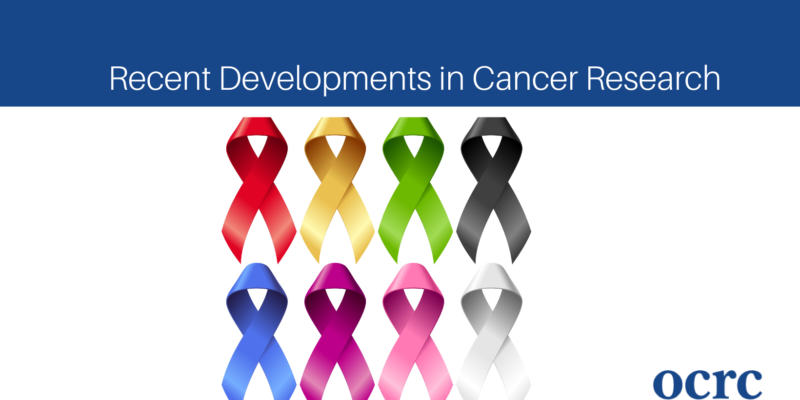
Looking back at the impressive progress of medical advancements, clinical trials have played a critical role in the current status of modern medical treatments. Clinical studies have also been a catalyst for the modification and improvement of previously existing therapies.
In 2014, nearly 14.5 million people in the United States were living with a cancer diagnosis. However, that number is expected to rise to almost 19 million by the year 2024. The number of deaths caused by cancer, however, has decreased significantly—especially since the early 1990s. Much of this progress is thanks to the incredible medications that are now available.
As recently as August 2017, clinical trials led to the FDA-approval of Kymriah, a cell-based gene therapy for pediatric and young adult forms of acute lymphoblastic leukemia. According to Peter Marks, M.D., Ph.D, Director of the FDA’s Center for Biologics Evaluation and Research, “Kymriah is a first-of-its-kind treatment approach that fills an unmet need for children and young adults with this serious disease… [it] has shown promising remission and survival rates in clinical trials.”
In 2016, clinical study results showed that Keytruda improved side effects and extended survival lengths of patients with advanced non-small cell lung cancer. 2016 also provided the first new development in bladder cancer treatment in 30 years, after a clinical trial comparing tumor shrinkage in patients.
In one year alone—November 2015 to October 2016—the FDA approved eight new cancer treatments, including immunotherapies for bladder cancer and multiple myeloma. The new approvals also included treatments for forms of lung and kidney cancers, chronic lymphocytic leukemia, and multiple myeloma.
In addition to these new FDA-approved treatments, clinical trials within that same time frame were used to implement new uses of 12 previously existing treatment methods. These have broadened treatment options for patients with melanoma, sarcoma, chronic lymphocytic leukemia, lymphoma, neuroendocrine tumors, and breast, lung, kidney, head and neck cancers.
Other recent developments include (and are not limited to):
Without medical researchers’ oversight during clinical studies, the development of these new treatments would have been virtually impossible. While the number of registered studies has increased from just under 4,000 in the year 2000 to 263,269 as of January 2018, only about 3% of adult cancer patients participate in clinical trials. This means that the other 97% of adult cancer patients could potentially benefit from new medical advancements.
By participating in clinical studies, you are playing a part in something that could potentially save lives or prevent illnesses. Remember: all medical treatments started as clinical studies!
ClinicalTrials.gov and CenterWatch.com provide listings for clinical trials which are recruiting participants. Additionally, your own doctor and/or community hospital can participate in clinical trials. You can always contact us to inquire about current research volunteer opportunities.
